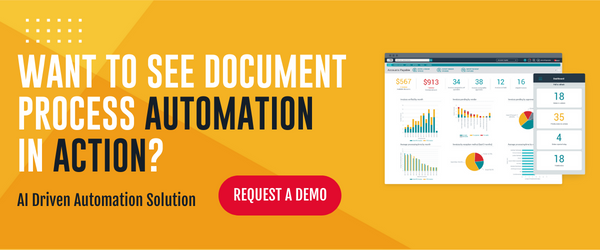Providing affordable financing options to suppliers is a win-win strategy for your organisation — more cash for them, less risk for you. But until SaaS vendors and their platforms emerged as major players in the supply chain finance industry, supplier financing programs were traditionally the exclusive purview of banks. Not anymore though! And that means companies like yours can find a payment solution capable of offering supplier financing programs.
Let’s not get ahead of ourselves though. Let’s start with the basics. First of all, what exactly is supply chain finance?
What: Generally speaking, supply chain finance (SCF) covers the financing needs of suppliers by providing access to early payment on their unpaid invoices for a small fee. Early payments are made by a third-party funder so the buyer can hold onto their cash until the maturation of the original payment terms. Traditionally, these programs are launched with the buyer extending terms on their suppliers so they can obtain a greater working capital benefit.
Why: If your business is trying to improve your cash conversion cycle you may consider placing suppliers on extended payment terms. While this has a positive impact for you, it will negatively impact your suppliers. Supply chain finance mitigates the negative impacts by providing suppliers access to accelerated payment on open invoices. The buyer is able to optimise their working capital, while their supplier improves their cash flow, which in turn minimises risk and improves supply chain resiliency.
How: In its simplest form, supply chain finance takes place in five stages:
- Buyer purchases goods or services from the supplier.
- The supplier delivers purchased goods or services and invoices the buyer.
- The buyer approves the invoice and notifies the SCF provider
- The supplier can choose to opt in for early payment (paid by SCF provider, for a fee) or wait for the invoice to mature and get paid by the buyer at no fee.
- The buyer settles the account with payment to the SCF provider in accordance with the agreed terms.
Net-terms management is also a major factor in supply chain finance for maximising liquidity for both buyers and suppliers. Net-terms management is the process of manipulating payment terms with suppliers and customers to benefit working capital. Terms are the payment rules agreed upon by suppliers and their customers. Payment terms are imposed to ensure that payments are received by suppliers within a reasonable period of time.
While this may seem straightforward, the world of payment terms can be anything but, with things like “net 10,” “net 30,” “net 45,”net 10 EOM,” “1/10 net 30,” or “2/10 net 60.”
Here’s an example of how it all works provided by Esker partner LSQ:
“Net” means that the full amount is due for payment. Thus, terms of “net 20” mean that full payment is due in 20 days. Discount terms are provided as a two-part statement, where the first item is the percentage discount allowed, and the second item is the number of days within which payment can be made in order to receive the discount. Thus, terms of “1/10” mean that a discount of 1 percent can be taken if payment is made within 10 days. The abbreviation “EOM” means that the payer must issue payment within a certain number of days following the end of the month. Thus, terms of “net 10 EOM” mean that payment must be made in full within 10 days following the end of the month.
Solutions equipped for supply chain finance
The best solutions combine access to diverse funding sources (including banks, financial institutions or the SCF provider’s balance sheet) and a modern, cloud platform. Coincidentally, that’s exactly what Esker Pay provides our customers. When a single supply chain finance provider like Esker has both, buyers and suppliers can access a reliable source of capital faster, safer and with more transparent decision-making tools for risk mitigation and credit analysis.
Esker Pay
Esker Pay is a comprehensive set of payment capabilities and strategic Fintech partnerships that empowers businesses to better manage their cashflow by eliminating complex and inefficient accounts receivable (AR) and accounts payable (AP) processes.
A robust payment automation solution, Esker Pay not only reinforces sturdy supply chains but also eliminates concerns regarding late fees, fraud and other negative impacts on cashflow. Its wide range of payment capabilities includes:
- Domestic and international payments
- Supplier payment automation
- Supply chain finance (reverse factoring)
- Dynamic discounting
- Integrated payment methods (e.g., cards, direct debits, transfers, etc.)
- Factoring
- Early payment discounts
- Payment information verification
Benefits of automating all payments through a single platform
Overcoming your organisation’s biggest finance challenges is even easier when all AP invoicing and payment processes are unified and standardised through a single platform. You can further capitalise on AI-driven technology to improve cashflow management and achieve end-to-end payment efficiency by uniting both customer and supplier sides of B2B payments through one, integrated platform. Solution providers that leverage strategic partnerships with other Fintech organisations, like Esker Pay, can offer a wider range of payment capabilities that extend far beyond P2P.
-Written by, Taylor Bucher


